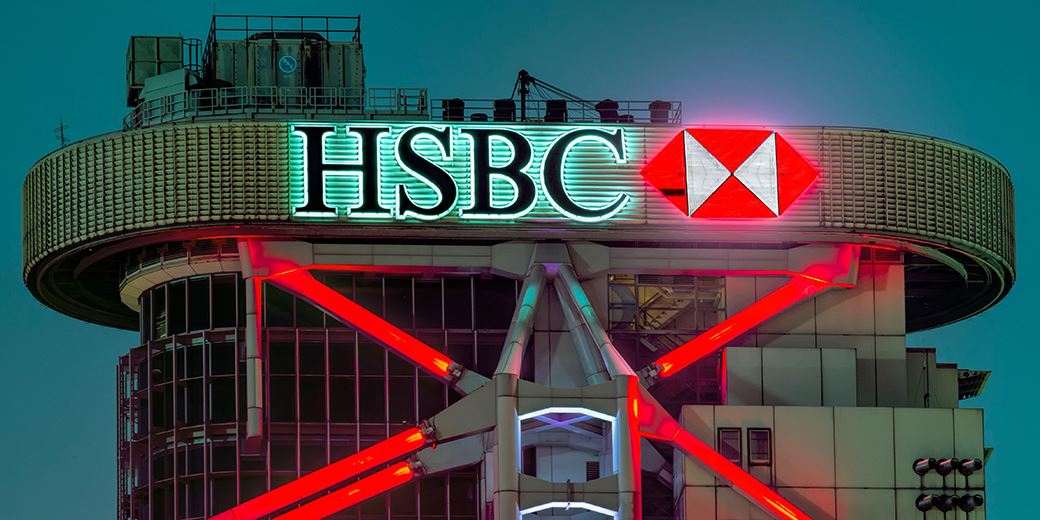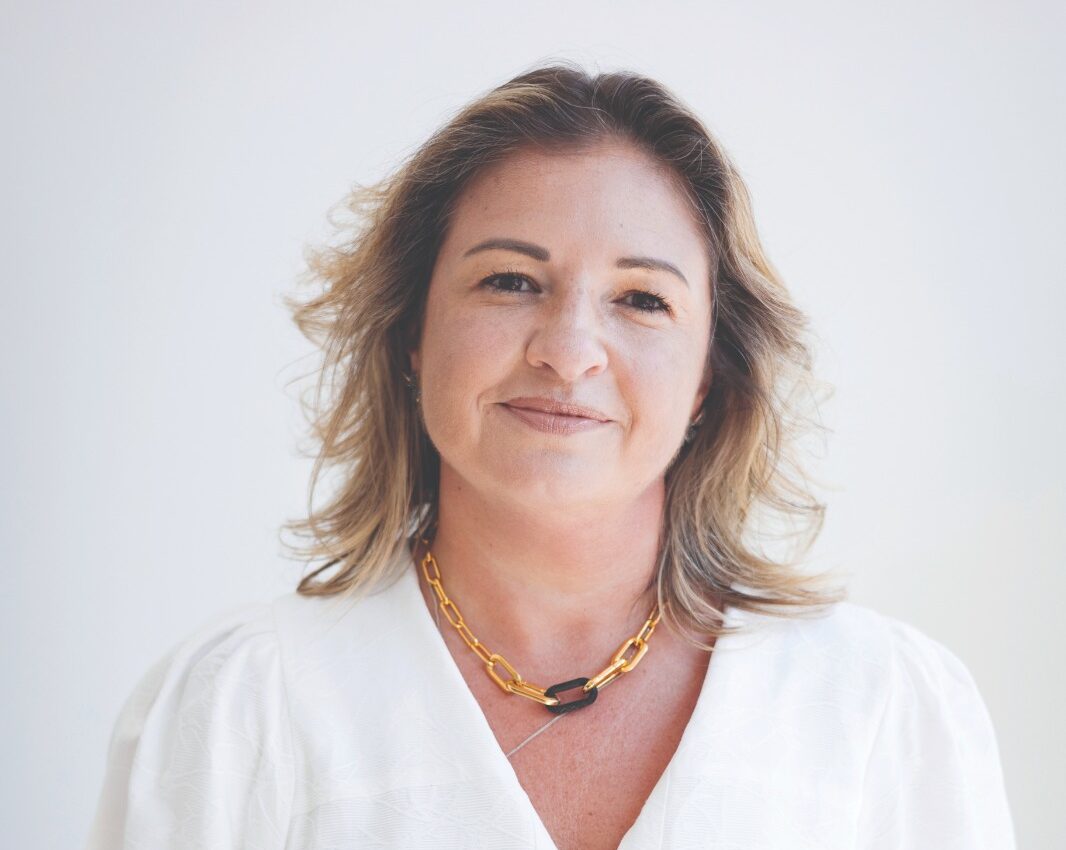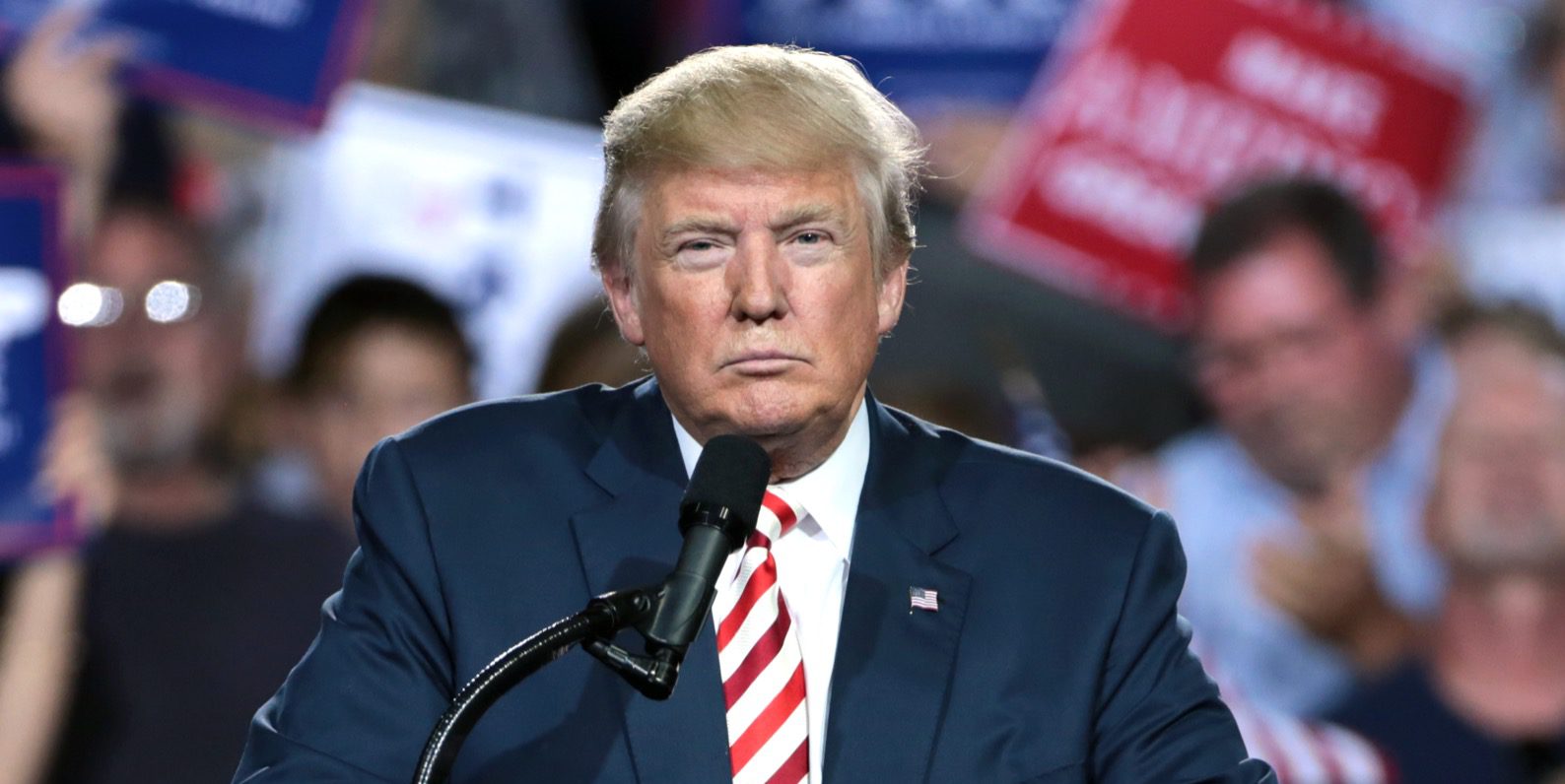HSBC has reportedly cut references to a “war” in Ukraine from research reports by its analysts, amidst intensifying calls for it to cease its operations in Russia.
According to the Financial Times, the British bank has edited several publications to soften the tone used to describe the invasion, switching references to a “war” with references to “conflict.”
The terminology reflects Russia’s refusal to describe the conflict as an “invasion” or a “war,” instead referring to the incursion as a “special military operation” or “conflict.”
HSBC has faced concerted pressure from clients and lawmakers to exit Russia in protest at the invasion, after major banks including Goldman Sachs, Citigroup, Deutsche Bank and JP Morgan have promised to withdraw from their Russia-based operations.
These come as part of a concerted effort by Western entities and states to pressure Russia to withdraw its forces from Ukraine by hitting its economy. Aside from the various sanctions introduced on national levels, McDonald’s, Coca-Cola and Starbucks have all stopped selling products in Russia.
HSBC’s research department is separate from its banking group, whose Russian operations contribute a minor section of its business.
The Financial Times’ report on the softening of its language cited two people with direct knowledge of the matter. It also stated that the changes to the language used in the analysts’ report has triggered strong complaints from some staff.
The situation is particularly delicate for HSBC, considering that it still has around 200 employees in Russia.
According to an earlier report by Reuters, HSBC has declined some new Russian clients and refused to offer credit to some existing customers, after stating it would not be accepting any new business in Russia.
Dollar and crypto surge following Trump’s presidential win
Meanwhile, the financial sector is bracing for potential economic upheaval due to Trump’s trade and fiscal policies
What does Donald Trump’s return to the White House mean for business?
The new President-elect has promised to protect domestic manufacturers and cut taxes on companies
Lower than expected fares drive Ryanair profits down by 18%
The airline seeks to see growth of 300 million passengers over the next decade






